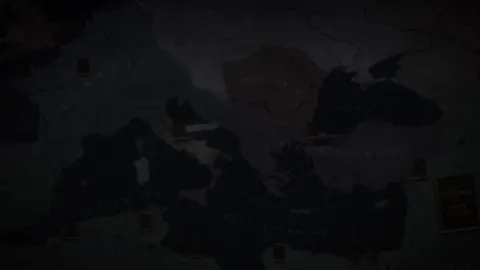Som do Ceu
Region: BR
Friday 03 October 2025 11:41:37 GMT
8637
1081
30
155
Music
Download
Comments
Ritinha ❣️🙇 :
Dá vontade até de chorar 😢🥰❤️🙏
2025-10-03 23:16:57
5
Banda Unipo Edielson SA :
amooo
2025-10-04 01:55:55
1
andreluisrodrigue14 :
Esse é o de 1999 em vitória ou não ?
2025-10-07 20:55:52
2
salomaosilva,salomaoking2 :
fico impressionado com a riqueza musical desses caras é uma simplicidade nas notas mas tudo se encaixa perfeitamente desde a voz os back e os instrumentos deixa 🥰 tudo complexo
2025-10-08 22:53:26
1
juamorim393 :
É muito bom ouvir novo som.👏👏👏
2025-10-03 17:21:13
2
Aliana :
Amém ♥🙏
2025-10-04 00:53:37
1
Paulo :
e saudades dos tempos antigos
2025-10-04 22:31:43
2
Diego Chaves08 :
agora que estou percebendo foi o Serginho que fez esse solo às vezes até me esqueço que o Serginho tava nesse palco porque ele ficou assim bem de canto quase escondido
2025-10-04 22:34:10
2
Daniela❤️💋 :
linda música 🥰
2025-10-05 15:39:32
1
Aurideia Silva :
lindíssima ❤️😊👏
2025-10-05 13:00:38
1
cris :
esse sorriso lindo do Alex Gonzaga 🥰
2025-10-06 16:01:49
1
Renatta :
tinha esse cd
2025-10-03 18:09:21
2
Leandro Evandro :
Amém glória a Deus 🙏🙏🙏
2025-10-03 22:21:23
1
Taiane Macario LC :
Eu amo novo som!❤
2025-10-04 01:03:24
1
Rosimeire Costa :
amém
2025-10-03 16:31:53
1
andrea. monteiro :
🥰🥰🥰🥰😇😁😄
2025-10-05 22:47:49
2
121mr DEUS é fiel 🙏 :
🙏🙏🙏🙏🙏🙏🙏
2025-10-03 11:55:19
2
Eloisa Luiza :
🥰🥰🥰🥰🥰🥰🥰🥰🥰🥰🥰🥰
2025-10-03 11:50:55
2
BTS B-ARMY :
😆😆
2025-10-06 00:36:27
1
Alex Carvalho :
👏👏👏
2025-10-04 04:05:18
1
Taty Almeida :
🥰🥰🥰
2025-10-03 23:37:54
1
Ritinha ❣️🙇 :
❤
2025-10-03 23:16:17
1
Lucilene Santos :
🥰🥰🥰🥰
2025-10-03 17:25:26
1
fãs do Alex gonzaga :
💘🥰
2025-10-03 16:47:08
1
Eloisa Luiza :
😅😅
2025-10-03 11:51:17
1
To see more videos from user @som.do.ceu5, please go to the Tikwm
homepage.





